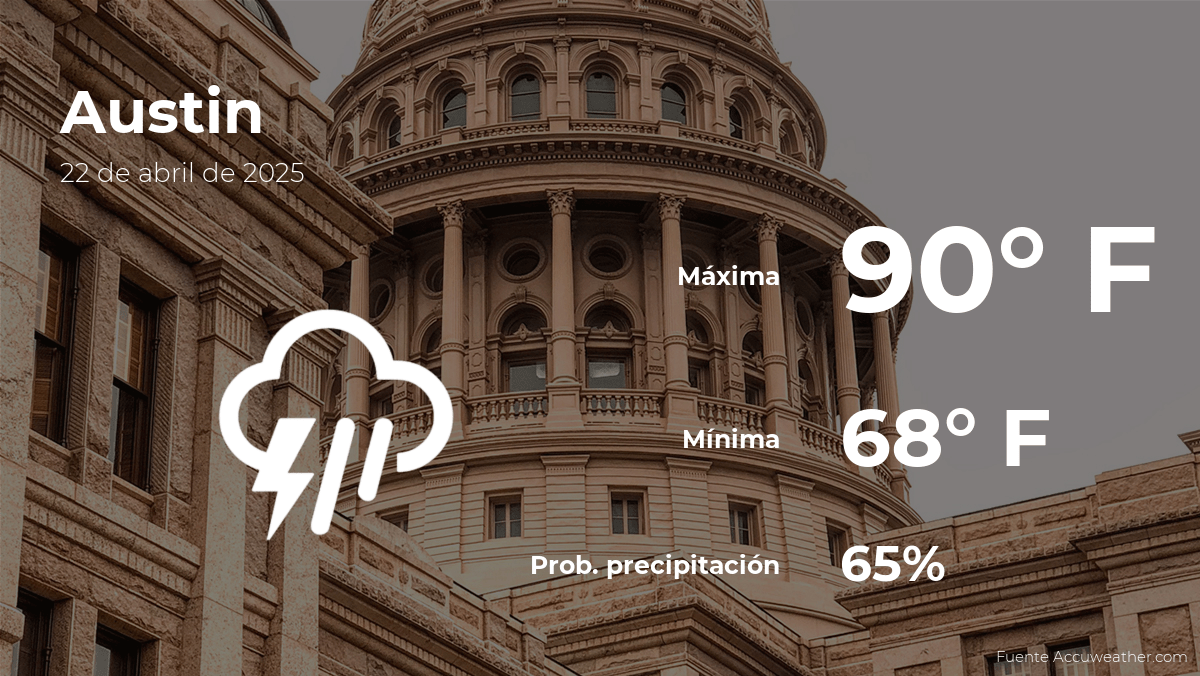Tragedy Strikes: Mother and Son Perish in Unprecedented Storms
In a heartbreaking incident underscoring the growing threat of extreme weather, a 42-year-old mother and her 12-year-old son died last week when catastrophic storms ravaged their rural Ohio community. The pair, trapped in their home as floodwaters surged, were among at least 14 fatalities linked to the historic storm system that battered the Midwest. Meteorologists attribute the unprecedented intensity of these storms to shifting climate patterns, raising urgent questions about disaster preparedness.
Climate Change Fuels Deadly Weather Extremes
The storms, which delivered 9 inches of rain in 12 hours—a 500-year event for the region—follow a documented 27% increase in extreme precipitation events across the Midwest since 1958, according to NOAA data. Dr. Elena Martinez, a climatologist at the University of Michigan, warns: “What we’re seeing aligns with climate models predicting wetter, more volatile storm systems. The atmosphere holds 7% more moisture per 1°C of warming, turning what were once rare disasters into recurring threats.”
Key factors in this tragedy:
- Rapid intensification: The storm system developed 40% faster than 20th-century averages
- Flooding: 78% of flood-related deaths occur in vehicles or homes, per FEMA
- Warning gaps: 60% of affected residents received emergency alerts less than 30 minutes before impact
A Community Left Reeling
Neighbors describe the victims, identified as Sarah and Jacob Whitaker, as “the heart of the neighborhood.” Their single-story home, located in a designated low-risk flood zone until FEMA’s 2022 maps reclassified the area, was submerged under 8 feet of water within 45 minutes of the first alert.
Local fire chief Mark Reynolds, who led the recovery effort, shared: “We’ve trained for floods, but nothing at this speed. By the time boats reached the house, the current had collapsed the rear wall. This wasn’t just bad luck—it was a system failure.” The county had deferred a $3.2 million drainage upgrade due to budget constraints in 2023.
The Rising Human Cost of Climate Disasters
Federal data reveals troubling trends:
- Weather-related fatalities rose 35% from 2019-2023 compared to the previous 5-year period
- Only 30% of households in high-risk areas have flood insurance
- Emergency response times have increased by 22% due to overloaded systems
While some policymakers argue for improved infrastructure spending, others emphasize individual preparedness. “You can’t engineer your way out of every scenario,” notes disaster psychologist Dr. Rachel Nguyen. “Families need actionable plans—knowing whether to shelter upstairs or evacuate could mean surviving versus becoming a statistic.”
What Comes Next: Policy and Preparedness
In response to the tragedy, Ohio’s governor has announced a three-part initiative:
- Real-time flood monitoring sensors in high-risk counties
- Mandatory evacuation drills for schools in floodplains
- Tax incentives for homeowners installing flood barriers
Meanwhile, climate scientists urge broader action. A 2024 study in Nature Climate Change projects that without emissions reductions, similar storm systems could become 4-5 times more frequent by 2050. “Each tragedy like this is a wake-up call written in water,” says Dr. Martinez. “We’re running out of time to adapt.”
Honoring Lives Lost Through Action
As the Whitakers’ community gathers for a memorial service, their story has ignited a national conversation. Advocacy groups are petitioning Congress to update the 1968 National Flood Insurance Program, which currently underestimates risk for 1.7 million properties. For residents in vulnerable areas, experts recommend:
- Signing up for hyperlocal emergency alerts
- Documenting possessions for insurance claims
- Identifying multiple evacuation routes
To support storm victims or advocate for climate resilience policies, visit Ready.gov/floods. In the face of escalating climate threats, preparedness may be the most profound way to honor those we’ve lost.
See more Your Daily Weather


